On-Demand Medical Delivery
Malawi: Improving access to medicines in rural Malawi
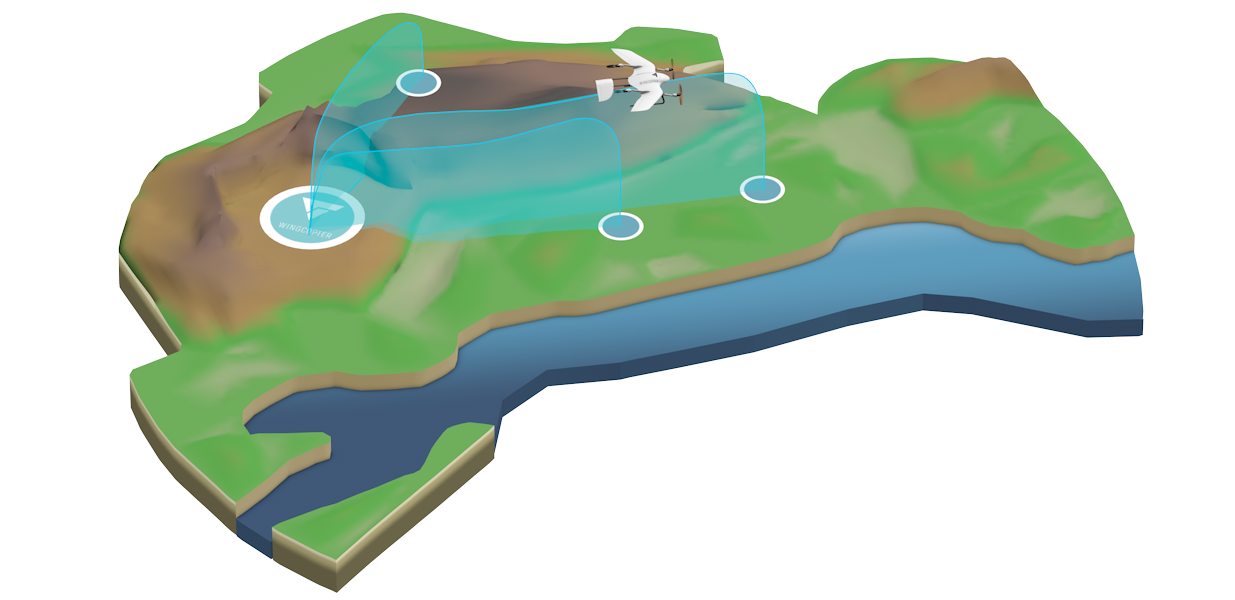

57 km
average distance
(round trip)

21 min
average flight time
(till delivery)

1 kg
average payload

Challenge
Challenge
Challenge
Challenge
In the landlocked country of Malawi, the provision of medical care is often reliant on a poor road infrastructure that is highly compromised by seasonal fluctuations and heavy rains.
This challenge contributes to high rates of maternal and child mortality, reduces patients’ ability to adhere to treatment, and slows improvements to the health system.
The resulting poor health outcomes are jeopardizing efforts to reduce poverty throughout the country. In rural areas in particular, where citizens rely on local health centers for primary care, healthcare provision is hampered by frequent stockouts of essential medicines and critical medical supplies.
The remote island of Pentecost is one of 83 islands in the South Pacific that make up the nation of Vanuatu. The 60 km long island is made up predominantly of mountainous terrain covered in dense jungle. In many cases, the islanders don’t have access to roads, electricity or permanent healthcare facilities.
Providing access to vaccines in the most remote communities involves nurses travelling from health centers, sometimes having to hike for several hours or days, or travel by boat around the island. Even short distances can take long and costly hours in which the heat-sensitive medical supplies are exposed to the tropical heat and arduous travel conditions.
In the landlocked country of Malawi, the provision of medical care is often reliant on a poor road infrastructure that is highly compromised by seasonal fluctuations and heavy rains.
This challenge contributes to high rates of maternal and child mortality, reduces patients’ ability to adhere to treatment, and slows improvements to the health system.
In rural areas in particular, where citizens rely on local health centers for primary care, healthcare provision is hampered by frequent stockouts of essential medicines and critical medical supplies
In the landlocked country of Malawi, the provision of medical care is often reliant on a poor road infrastructure that is highly compromised by seasonal fluctuations and heavy rains.
This challenge contributes to high rates of maternal and child mortality, reduces patients’ ability to adhere to treatment, and slows improvements to the health system.
In rural areas in particular, where citizens rely on local health centers for primary care, healthcare provision is hampered by frequent stockouts of essential medicines and critical medical supplies
Solution
Solution
Solution
As part of the Drone and Data Aid project, co-funded by Germany’s Federal Ministry for Economic Cooperation and Development (BMZ) and the European Union and implemented together with GIZ, a regular and emergency delivery service in the Central Region of Malawi was established to replenish stockouts of essential medicines and other medical commodities in rural health centers as well as to transport emergency medicines and laboratory samples by drone.
On more than 2,150 delivery flights thousands of essential medicines such as antimalarials, maternal health products and antibiotics, have been transported so far, servicing a total population of 500,000 people. With our cold chain solution approved by the Malawian Ministry of Health, we are also able to efficiently deliver temperature-controlled products such as COVID-19 and other types of vaccines. The option to use our drones for reverse logistics allows us to significantly reduce processing times for laboratory samples handled by district hospitals.
An initiative was undertaken to establish a regular and emergency delivery service in the district of Kasungu in rural Malawi to replenish stockouts of essential medicines and other medical commodities in two health centers within the Humanitarian Drone Testing Corridor and one outside the Corridor.
The medical commodities transported from Kasungu Airport to the three health centers included essential medicines such as antimalarials, maternal health products and antibiotics, and general medical supplies such as viral load samples and masks, servicing a total population of over 115,000.
An initiative was undertaken to establish a regular and emergency delivery service in the district of Kasungu in rural Malawi to replenish stockouts of essential medicines and other medical commodities in two health centers within the Humanitarian Drone Testing Corridor and one outside the Corridor.
The medical commodities transported from Kasungu Airport to the three health centers included essential medicines such as antimalarials, maternal health products and antibiotics, and general medical supplies such as viral load samples and masks, servicing a total population of over 115,000.
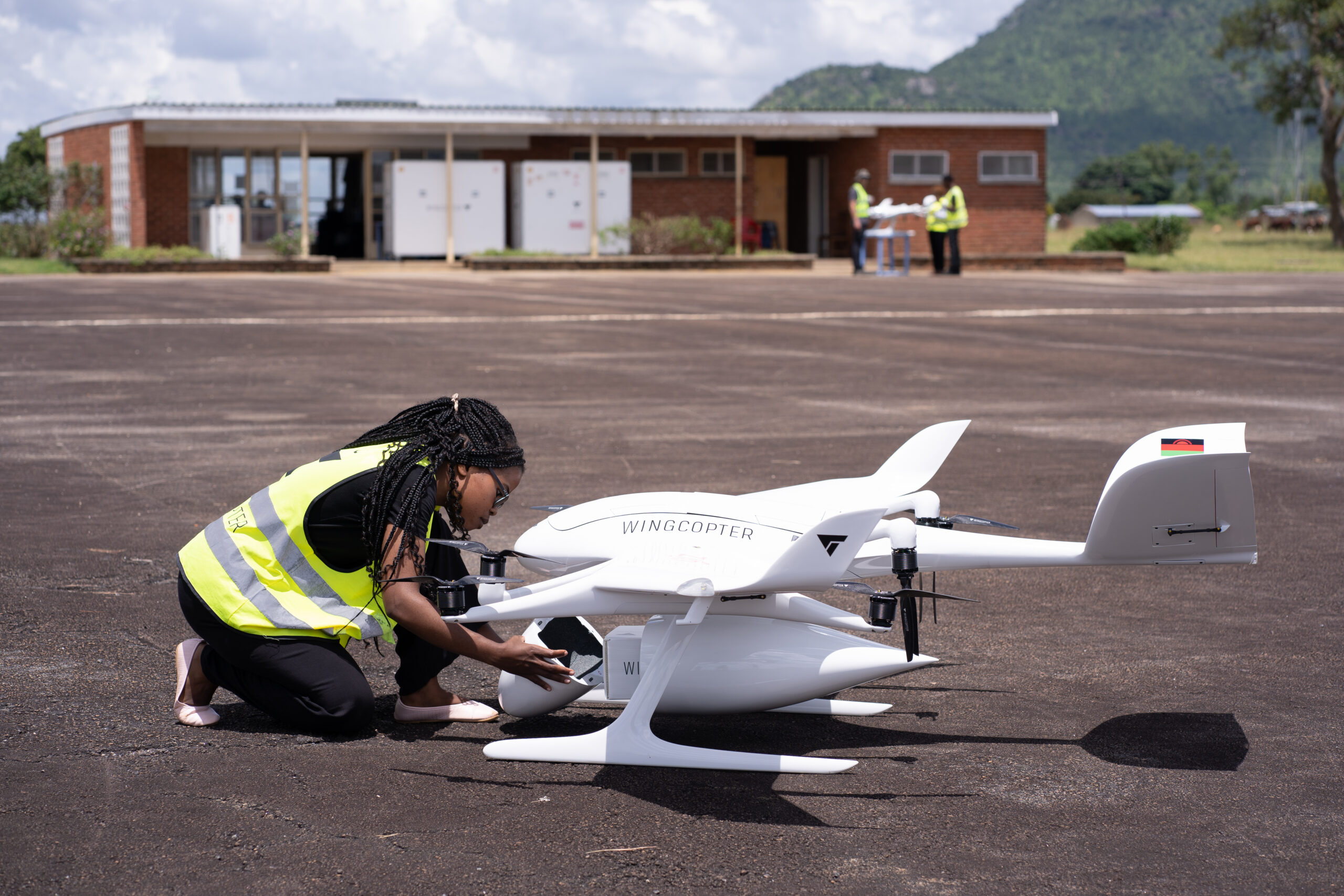
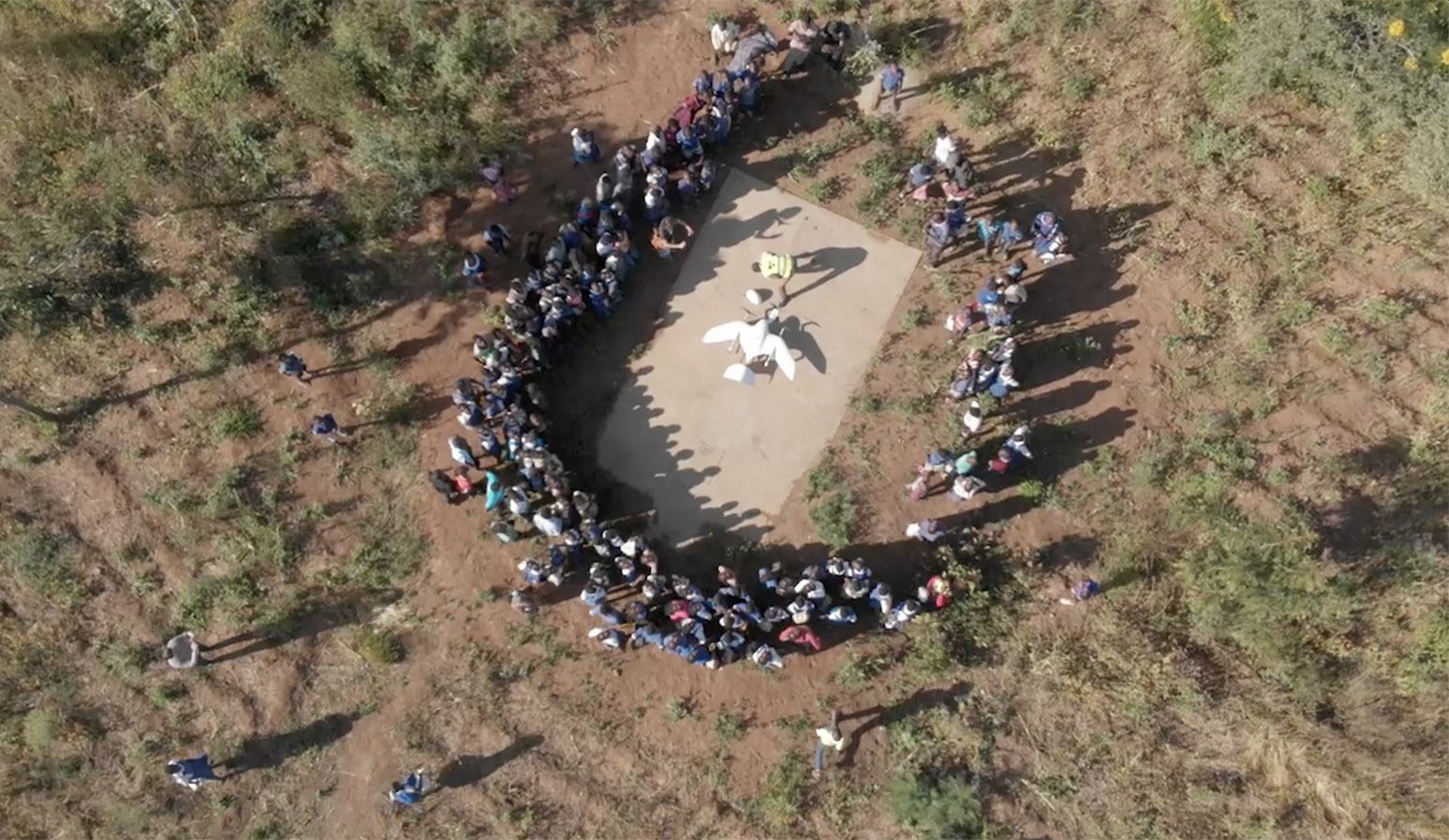
Outcome
Outcome
Outcome
To date, Wingcopter has delivered 2,300 kg of medical supplies, covering over 130,000 flight kilometers with missions up to 80 kilometers. As a result, Wingcopter’s deliveries have significantly reduced the overall number of stockout days in the health centers.
After being granted a nationwide flight permit, drone operations can be scaled to more districts, thus expanding the reach and impact of the Drone and Data Aid project.
The deliveries by Wingcopter helped reduce the overall number of stockout days in the health centers during the implementation period. The project will therefore be continued and expanded in scope.
The deliveries by Wingcopter helped reduce the overall number of stockout days in the health centers during the implementation period. The project will therefore be continued and expanded in scope.
"There is an urgent need to employ solutions that can overcome the unreliable road network and ensure the continuous supply of medicines, especially during the rainy season. The Wingcopter is here of great help."
Mathias Pharmacist Kasungu District Hospital
Impressions
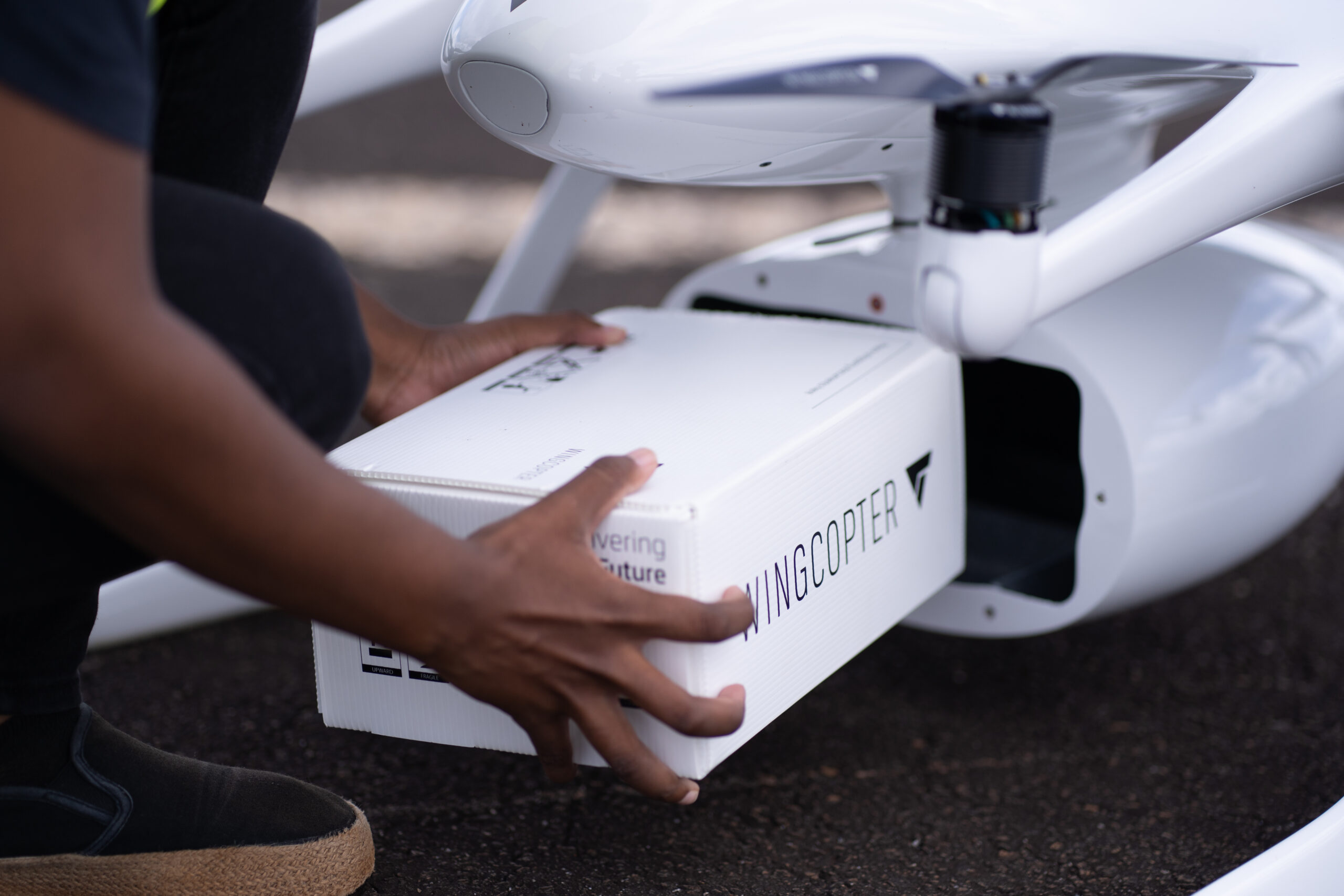

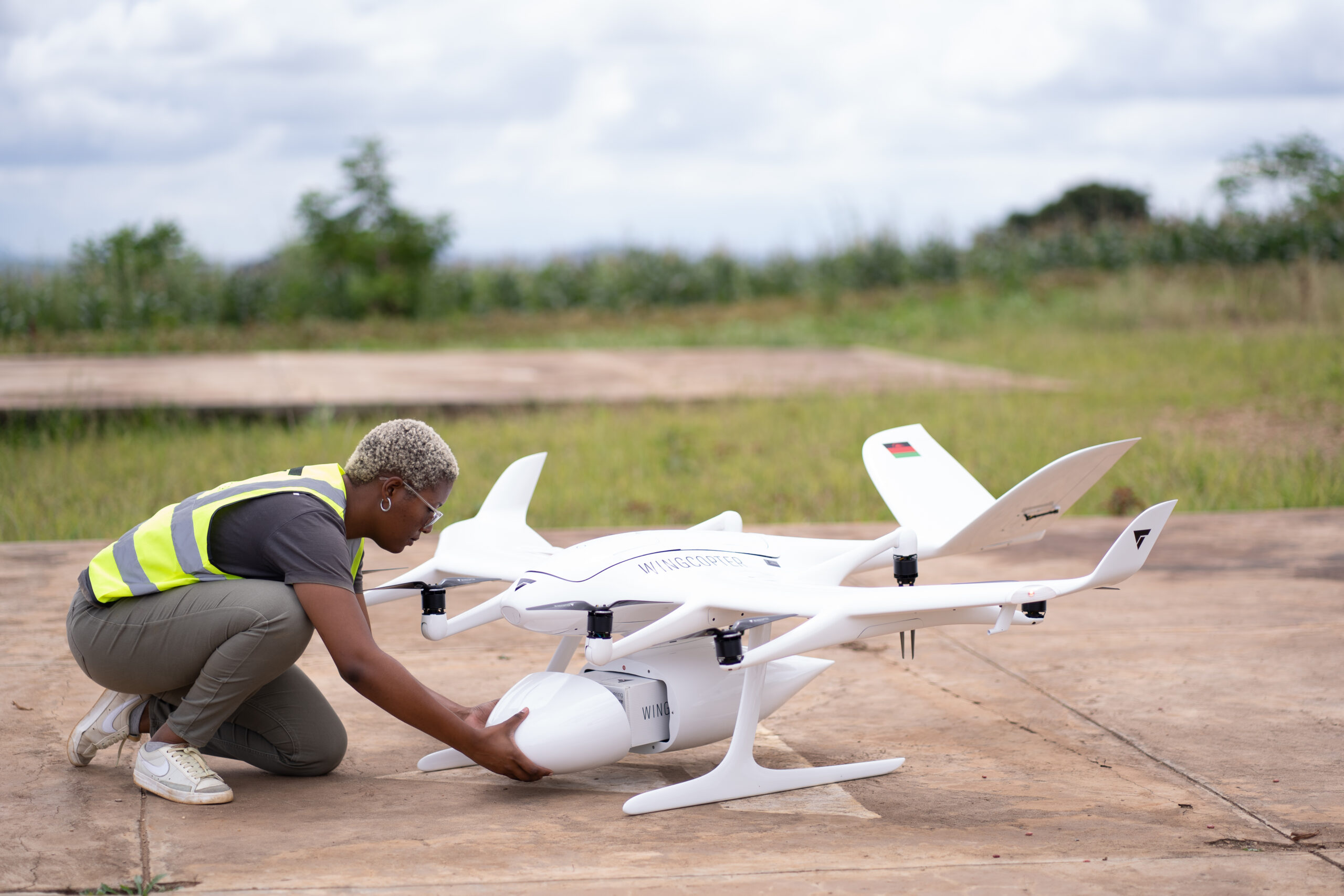
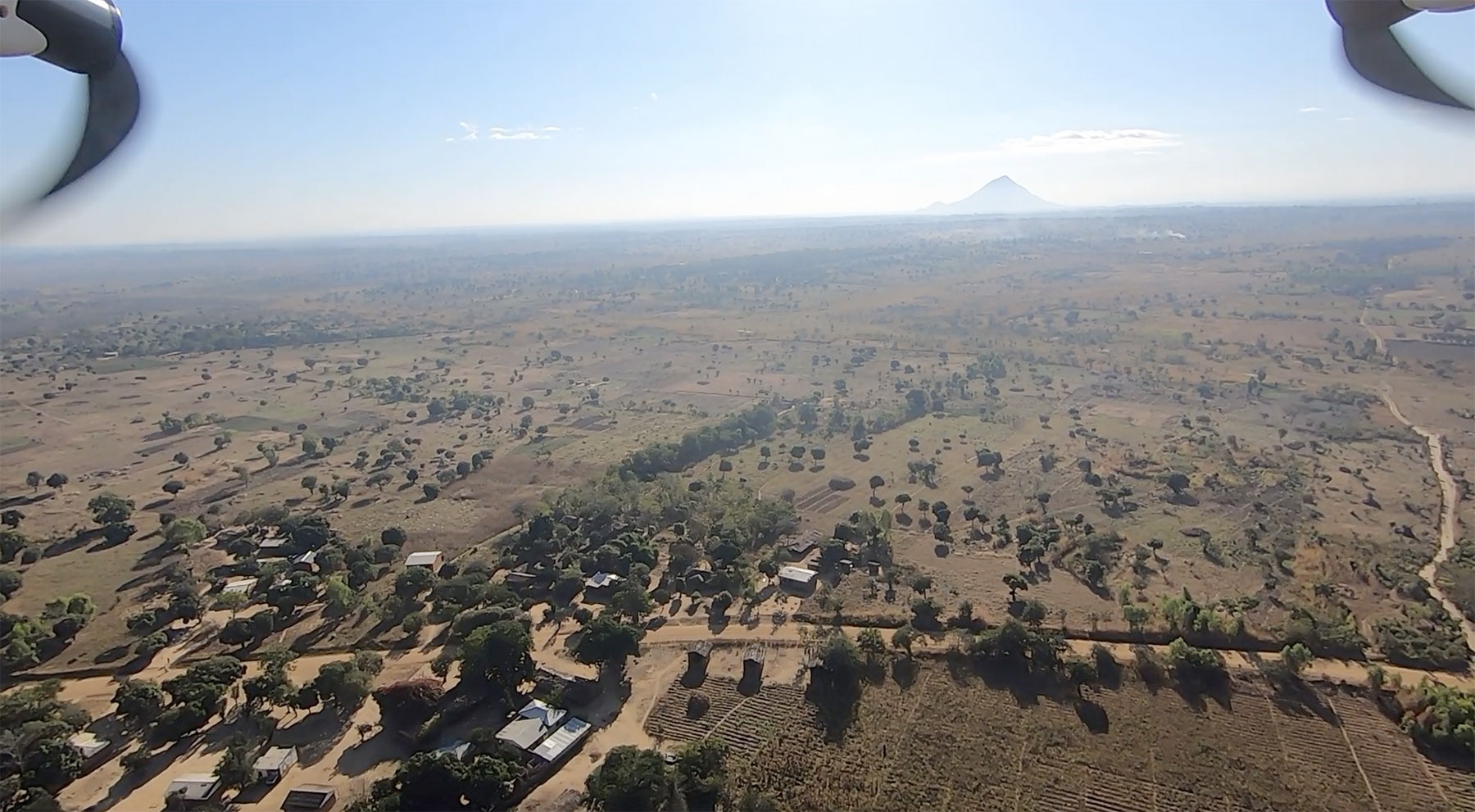
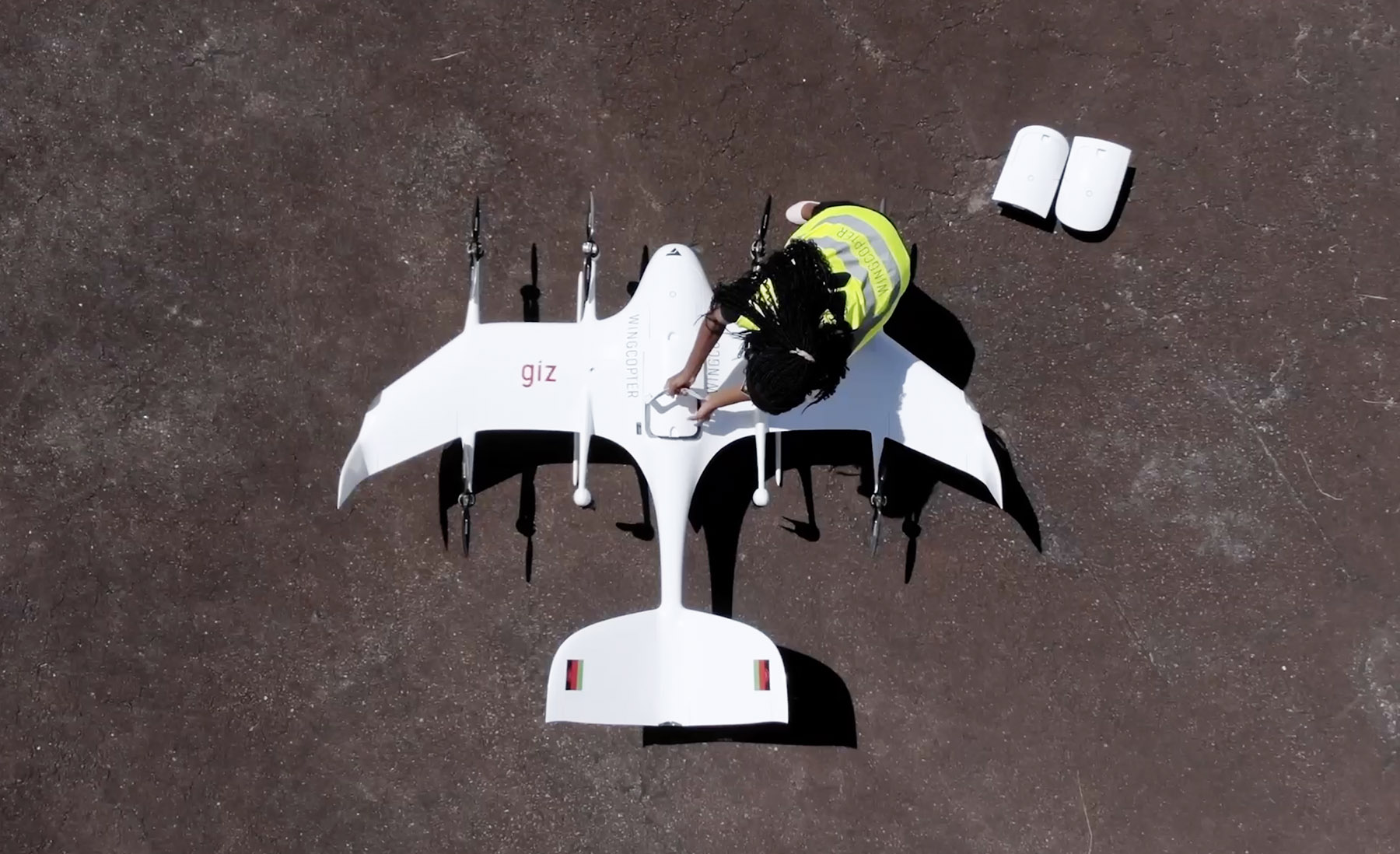
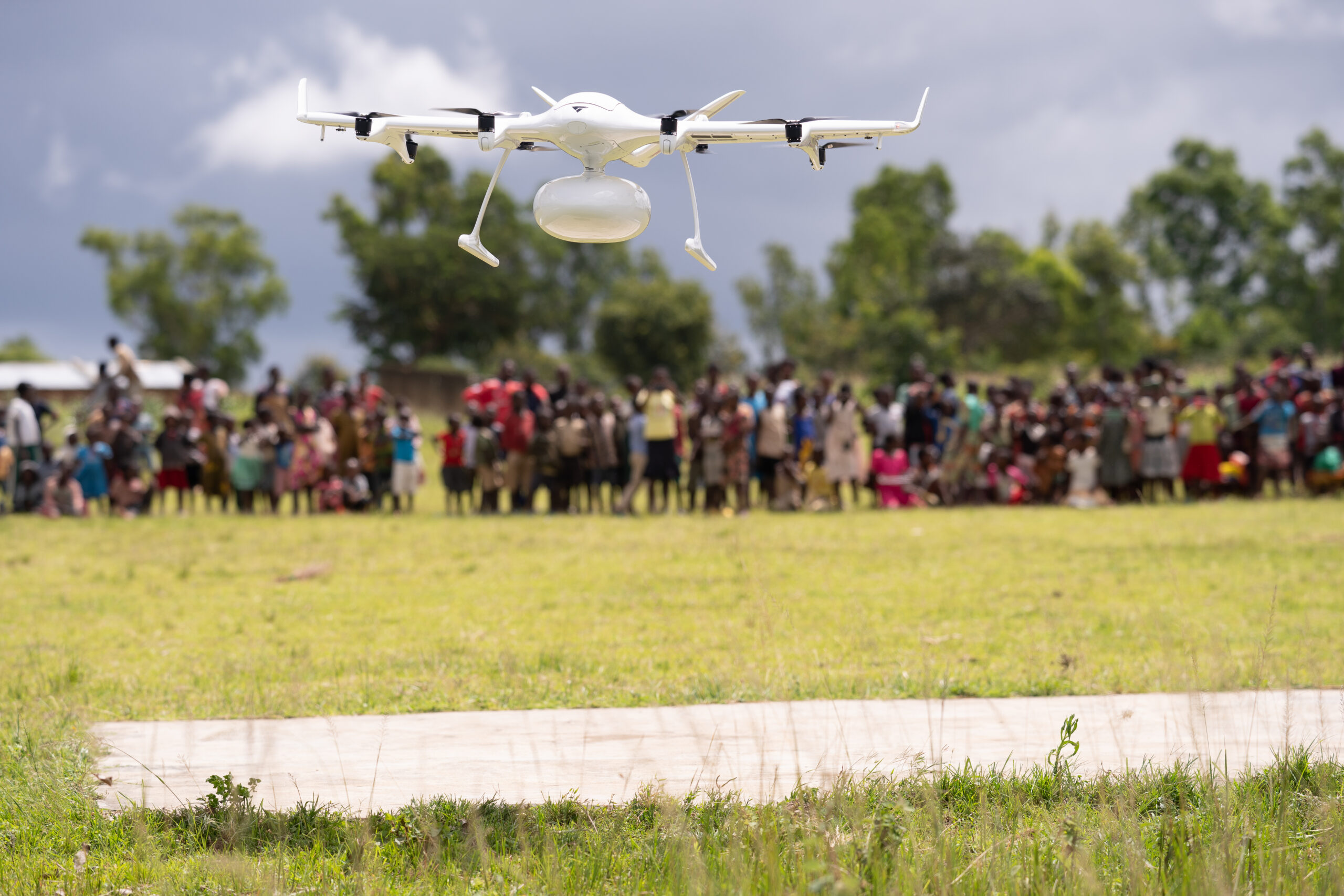
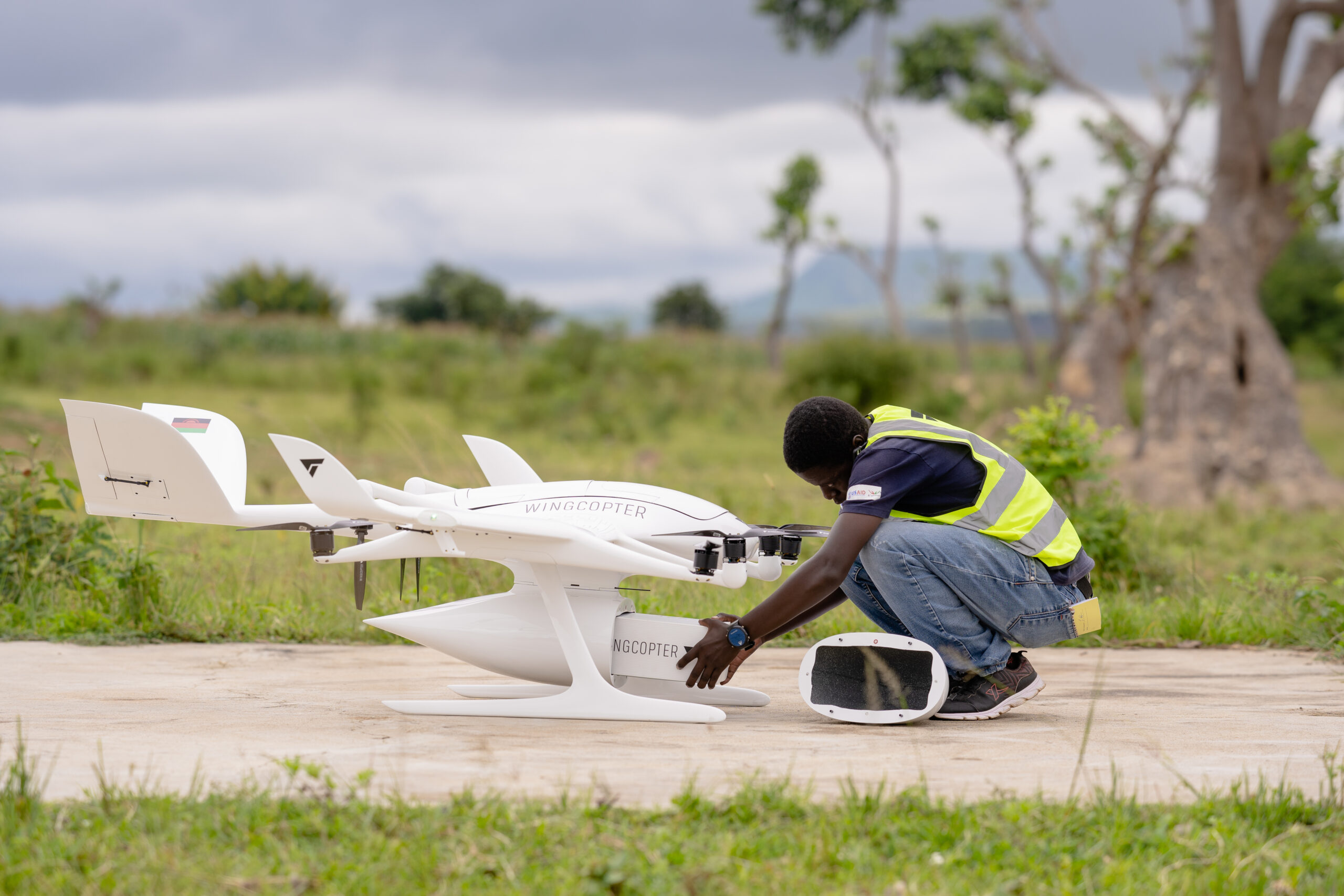
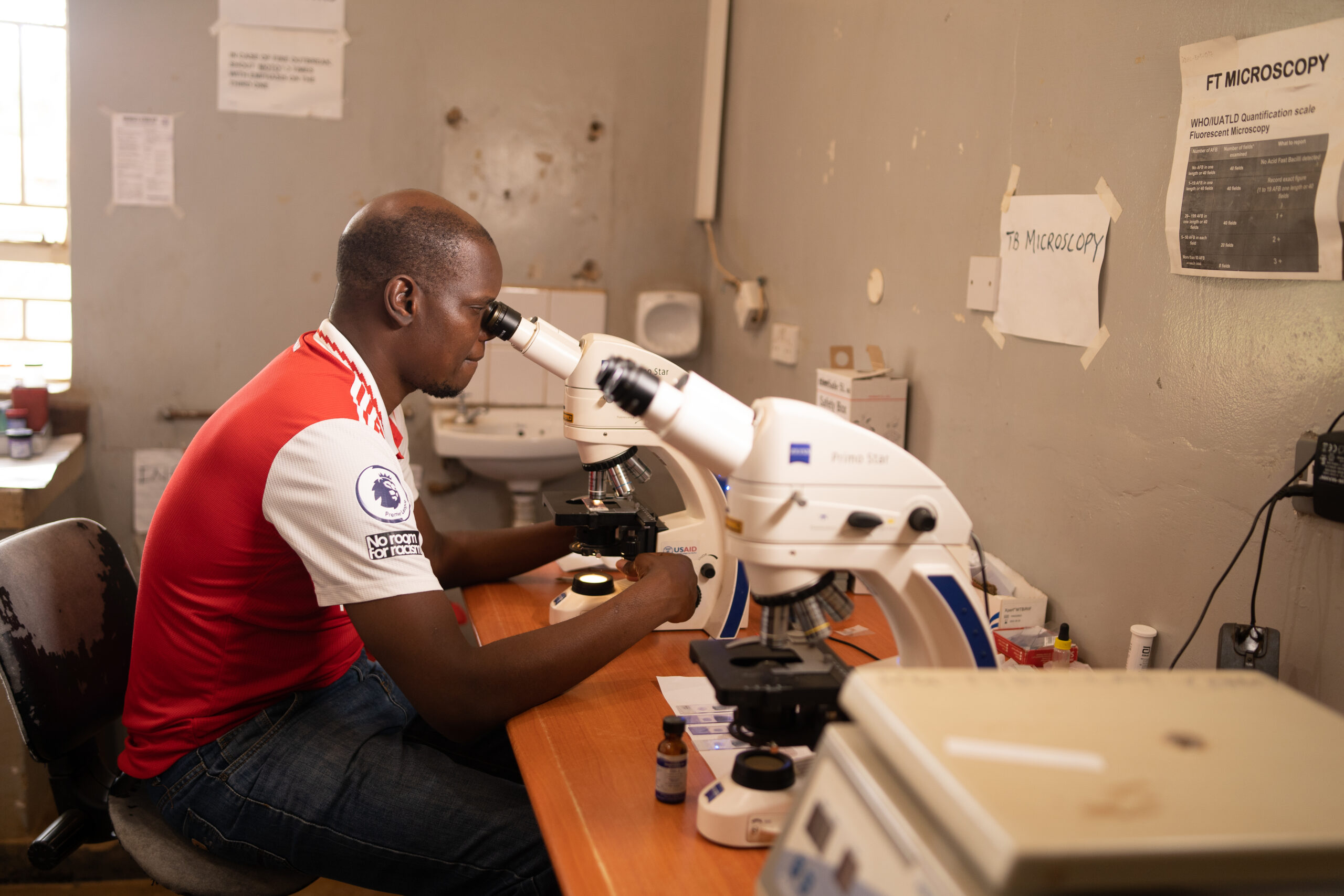
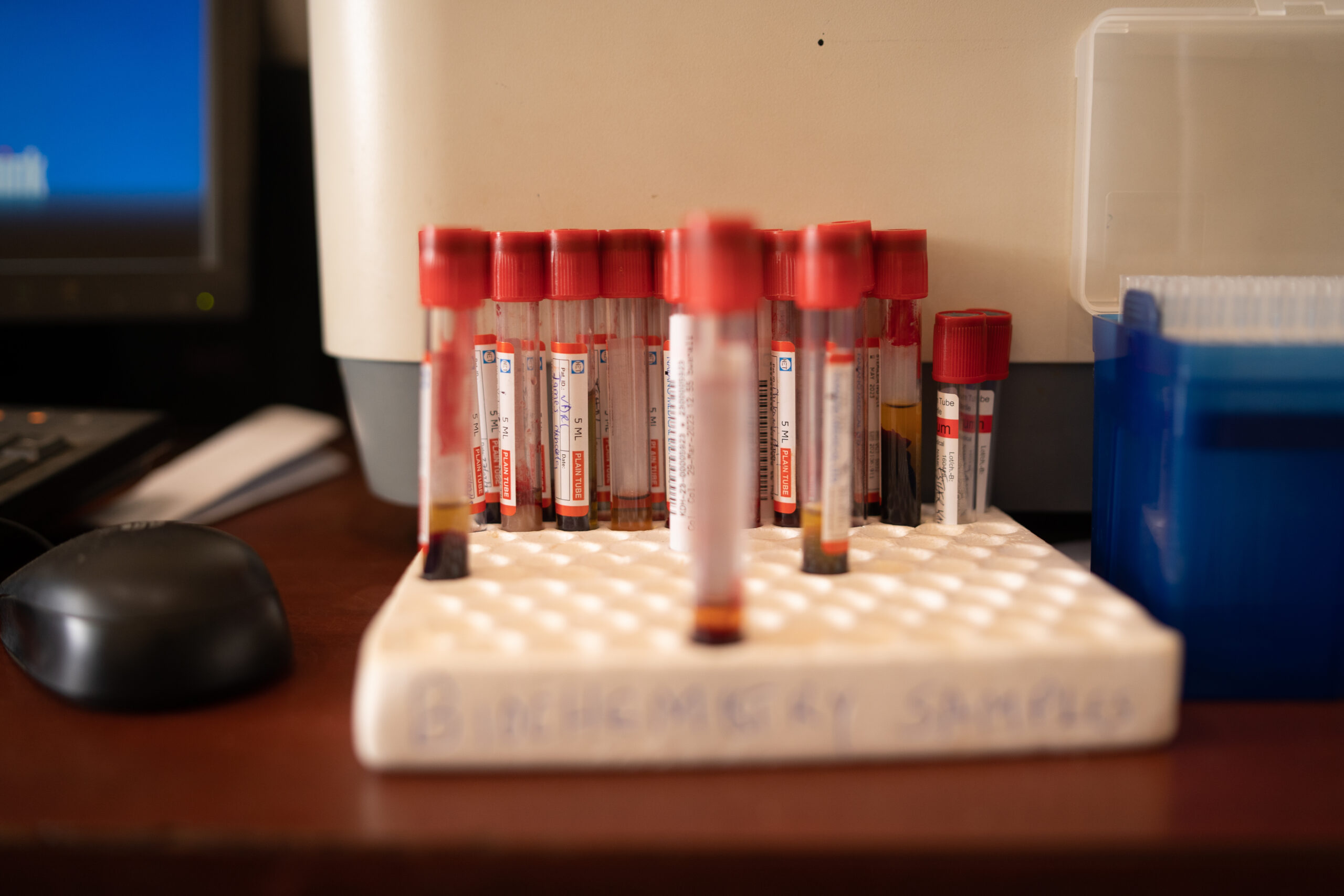

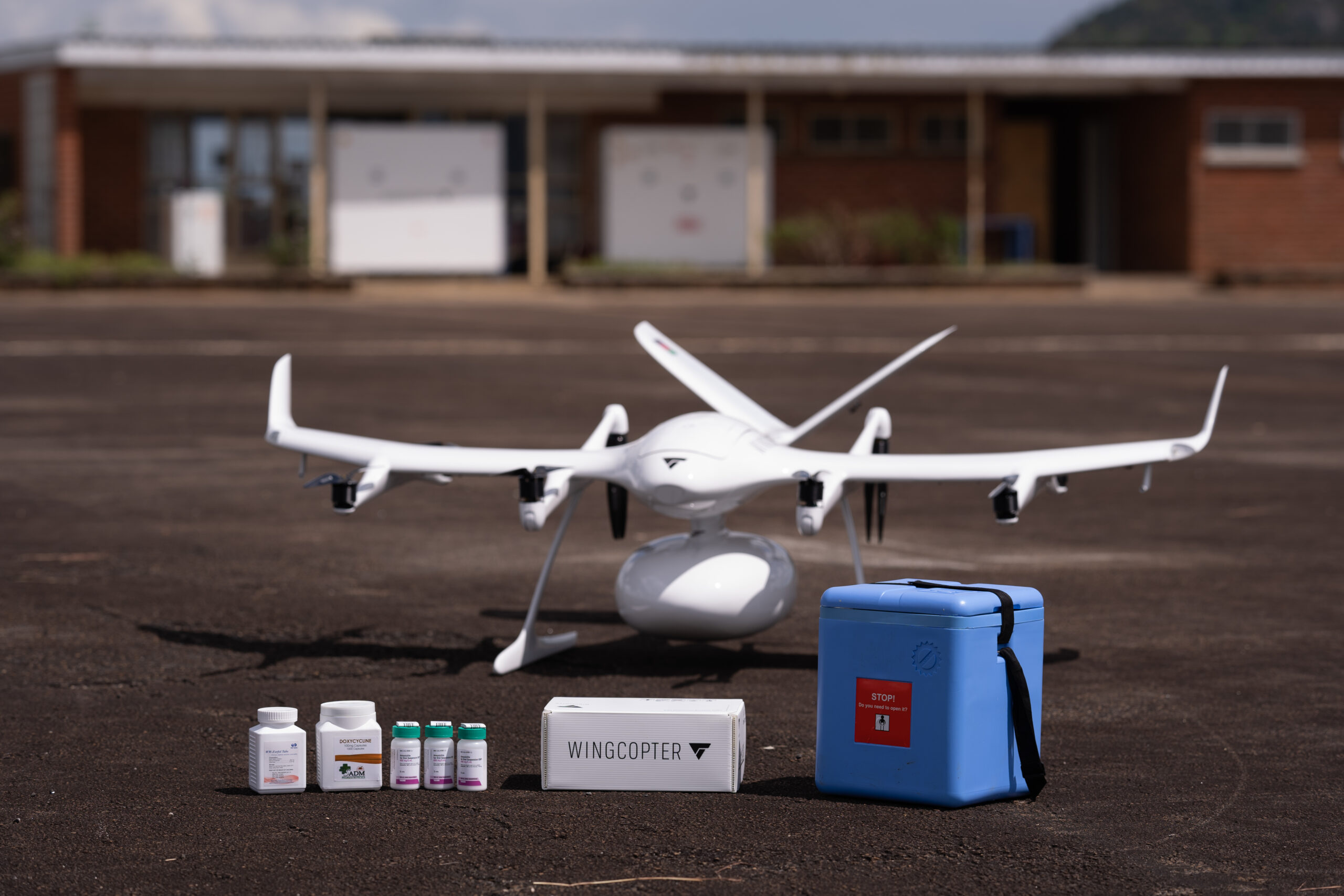
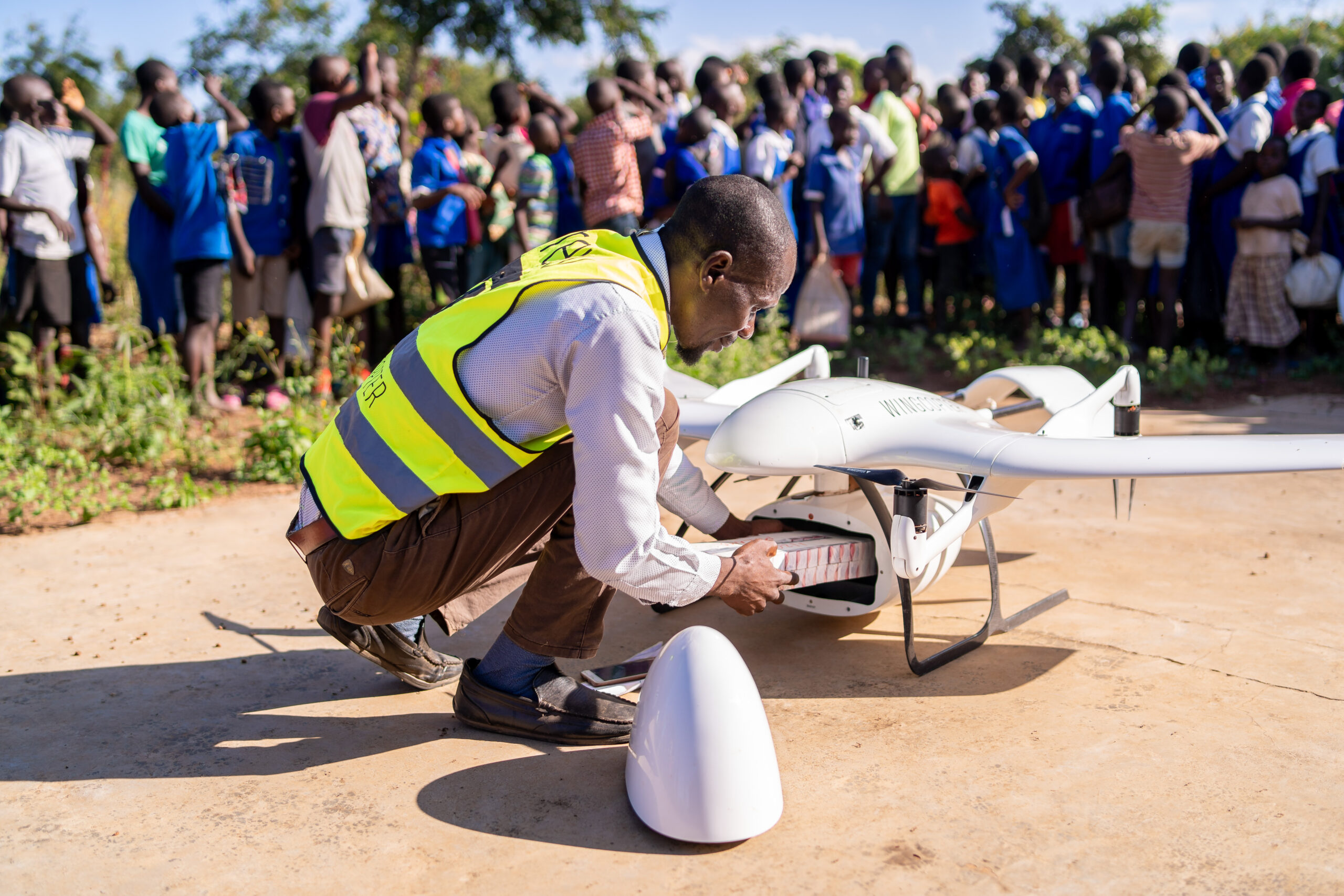
Connect with us and discover what our drone solutions can do for you
Stay up-to-date
Sign up for our newsletter to receive the latest news about our product development, interesting projects, new strategic partners, company milestones etc.

